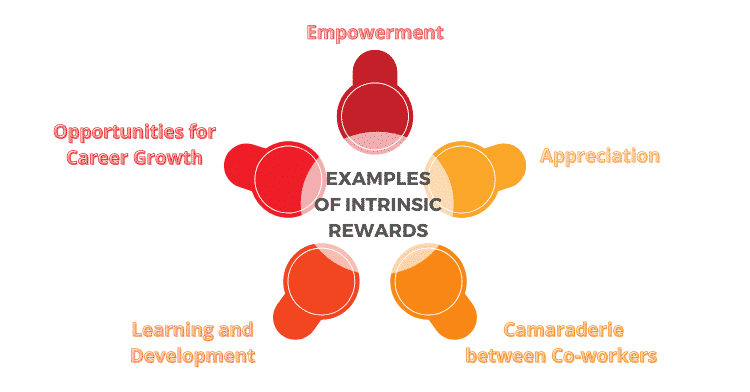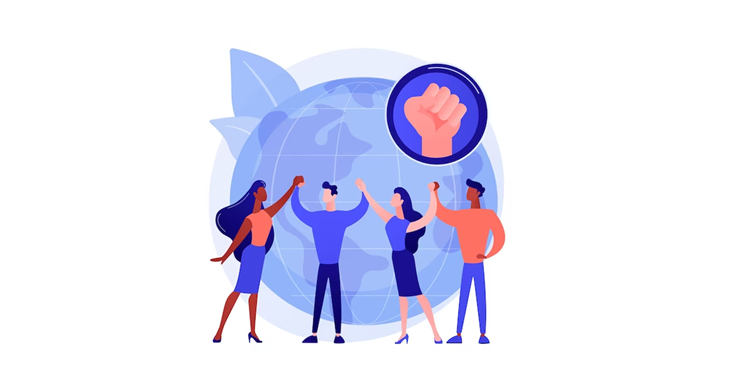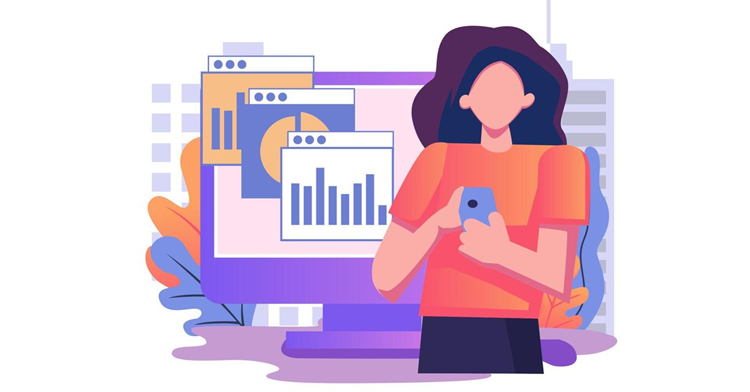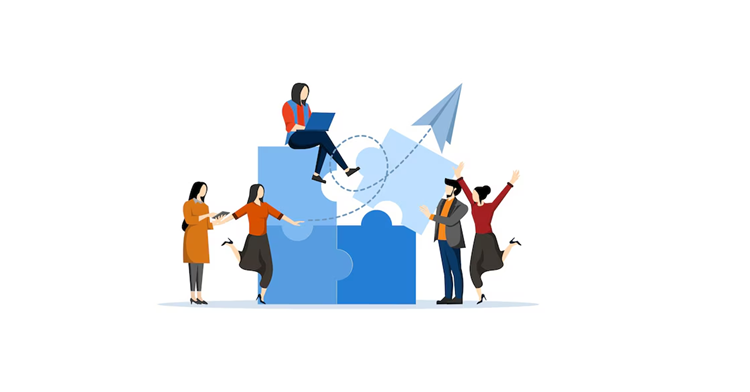Explore how intrinsic rewards — the internal drivers of meaning, mastery, and autonomy — are essential to motivating the modern workforce and sustaining high-performance culture.
1. Intrinsic rewards, such as autonomy, appreciation, camaraderie, career growth, and learning opportunities, are increasingly crucial for employee motivation.
2. They offer longer-lasting benefits than traditional monetary rewards. Unlike extrinsic rewards, intrinsic rewards foster an inner drive in employees, leading to increased job satisfaction, commitment, and engagement in their work.
3. Empowering employees, appreciating their contributions, and providing clear career growth paths and opportunities for learning and development further motivates employees, builds loyalty, and drives higher performance.
The dynamics of keeping employees engaged and motivated have changed significantly over the past several years. One of the most critical developments in this context has been the growing importance of intrinsic rewards, which are increasingly replacing material and monetary incentives.
Organizations are increasingly becoming aware of the fact that traditional rewards such as salary increments, bonuses, and other monetary incentives are no longer enough to keep employees motivated.

Intrinsic rewards are those that come from within the workforce itself and offer the employees a sense of value for the work they do.
These rewards are internal to employees’ work and achievements.
Autonomy, sense of purpose, career growth, and learning are some examples of intrinsic rewards.
Extrinsic rewards such as salary increments, bonuses, and other monetary incentives have their limitations.
Their impact does not last long and requires constant organizational stimulus.
They can also be easily outdone by competitors seeking talent, as they heavily depend on available budgets.
Unlike extrinsic rewards, intrinsic ones offer longer-lasting benefits as they have psychological and emotional impacts on the employee.
It gives individuals an inner drive to pursue an activity that brings them happiness and satisfaction, which is often their job and its associated responsibilities.

Keeping employees engaged and committed to business objectives is a significant challenge, especially in modern workplaces.
Tapping into intrinsic employee rewards is an effective way for organizations to create and sustain a healthy, flourishing, and engaging work culture.
Here are five ways organizations can reward their employees intrinsically to enhance their overall motivation and engagement levels:
1. Empowerment
2. Appreciation
3. Camaraderie between Co-workers
4. Opportunities for Career Growth
5. Learning and Development


At a minimum, most high-performing employees seek greater control of their tasks and projects.
Hence, empowering the employees to take greater responsibility for their jobs and tasks gives them a sense of ownership and pride in their work.
This increased autonomy is considered by many to be the best form of employee recognition they can receive.
Hence, it motivates them to work with total commitment and dedication towards completing their assignments.

Employees, in general, have a strong desire to make a difference in the workplace and feel valued.
Organizations can help fulfill this desire of the employees by developing an authentic culture of purpose that provides a rallying point for the employees.
Encouraging employees to find meaning in their work by appreciating and highlighting its impact on the organization’s overall context is a significant first step toward building a highly motivated and purpose-driven workforce.
Once employees understand the importance of their work and their roles, a sense of purpose drives them to excel. Achievement of goals drives self-fulfillment.

Social interaction with coworkers can help build a positive work culture.
Informal activities, such as breakout sessions, office parties, and team outings, create strong social and emotional connections between coworkers.
Such opportunities for social interaction often prove more effective than any tangible rewards aimed at motivating and engaging the employees.
Hence, organizations should facilitate such opportunities for employees to connect and interact socially, as this helps them develop a sense of caring and sharing.

Most employees seek professional development and career advancement. Providing such opportunities can significantly enhance employee motivation, which, in turn, improves their productivity and performance.
Establishing clear career growth paths in the organization can motivate them to perform at a higher level and stretch themselves.
Coaching and mentoring by senior leaders within the organization can help employees achieve their career goals.

Helping employees acquire new skills and competencies to enhance their personal and professional growth is one of the most valuable intangible rewards organizations can offer.
Employees feel valued and appreciated knowing that the organization is concerned about their development.
Employees strive to recognize the care and concern the organization demonstrates in their development and well-being.
They develop a more profound sense of loyalty and belonging towards the organization.
It drives higher levels of performance and greater employee engagement.
Read 10 Best Non-Monetary Awards for Employee Recognition

Intrinsic rewards are internal, non-monetary satisfactions that employees derive from their work itself—things like autonomy, purpose, personal growth, recognition, and learning opportunities.
Extrinsic rewards (salary, bonuses) have a limited lasting impact and are often outdone by competitors, while intrinsic rewards create a deeper, longer-lasting inner drive and job satisfaction.
Autonomy (empowerment), genuine appreciation, camaraderie among co-workers, clear career growth paths, and opportunities for learning & personal development.
Giving employees control over tasks and decisions fosters a sense of ownership and pride in their work, which is often considered a more substantial reward than external incentives.
Recognizing an employee’s contributions helps them see their value, feel a sense of purpose in their work, and strengthens their emotional connection to the organization.
Notably, it fosters a supportive and emotionally resonant work environment. Informal interactions, team events, and positive relationships foster a sense of belonging and motivation.
Because employees want to evolve, providing clear advancement paths and opportunities to acquire new skills signals a genuine investment in them and reinforces their loyalty.
Generally, no. Many intrinsic rewards (recognition, empowerment, growth) cost less yet yield a more profound psychological impact, making them high-return on effort.
Not entirely—monetary rewards still matter. A balanced approach that combines intrinsic and extrinsic rewards is most effective in sustaining motivation and performance. (Implied from the blog’s comparative view)
Intrinsic rewards provide a sustainable and deeply personal way to engage employees. They strengthen commitment, satisfaction, and performance over the long term—making them essential in modern workplaces.
The importance of intrinsic rewards stems from the fact that they offer an effective and low-cost way for organizations to engage employees and derive longer-lasting benefits.
These intrinsic rewards can create a sense of joy, fulfillment, happiness, and satisfaction among employees, driving excellent performance.

Lead author: Sagar Chaudhuri, the Co-Founder and CEO of HiFives. He is an HR Tech Evangelist with over 25 years of experience in both corporate and entrepreneurial settings. Previously, Sagar has held leadership roles with companies such as Genpact, Infosys, and ICICI Bank. He has an engineering degree from IIT Kharagpur and an MBA from IIM Lucknow. Connect on LinkedIn
To stay updated on the latest HiFives blogs, follow us on Twitter (@MyHiFives)